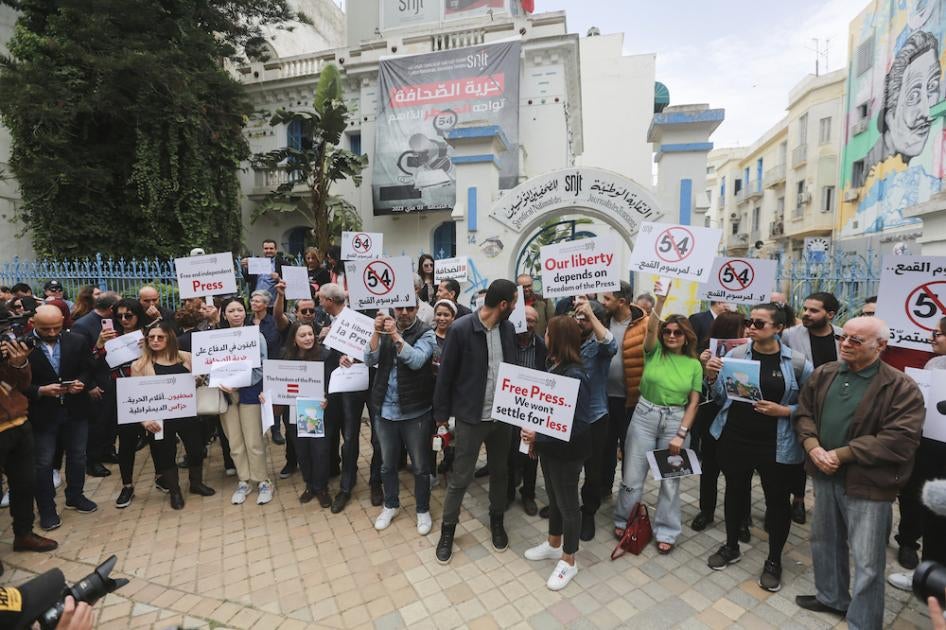
WEIGHT: 61 kg
Breast: E
1 HOUR:100$
NIGHT: +70$
Sex services: Cum in mouth, Fisting anal, Cum on breast, Massage erotic, Cum in mouth
The bathroom is inevitably a space where we find ourselves spending time each day, and yet, say Laila Seewang and Chris Reed, its impact on urban space is often overlooked in terms of design. It was a city-scaled experiment in water circularity. The work stems from my doctoral research that examined the history of that system.
The studio is about the legacies of public sanitation—for example, what it means when, as a public responsibility, a city decides to provide water to its citizens and take away sewage. But, how we came to those decisions is not always clear. We gave this history to the students as a prompt. How are they channeled? What do we give up in exchange? How do our bodies use that water? How does the community need to use it? What spaces does that create in an urban landscape?

Chris Reed: I was looking at some of the drawings developed at the time that the sewage and water systems were being designed, and the movement toward public toilets was underway. All those things are connected. You may have a small expression for a pump house or a single toilet within a public square. The design of that structure has been considered very carefully in terms of the language of the design, the setting, the image. How do we think of those moments within the architectural or landscape or urban design project?
It allows for nuance. A shadow is something that, perhaps, we want to capture. It also hints at a sensibility about something other than purity or purification—something much richer. Japanese toilets sound much more sophisticated than ours. Chris Reed: There are two especially good versions. Some toilets of this type are meant to be places of respite and quiet, of thinking, often with a view toward a beautiful landscape. What is its position within that environment?

What do you want students to think about in terms of sustainability and design? What should we consider for a future shaped by climate change? Laila Seewang: There are a number of values that were built into systems like the one in Berlin—values that we have inherited. They had plenty of water. There was no taboo about being dirty, necessarily.



































